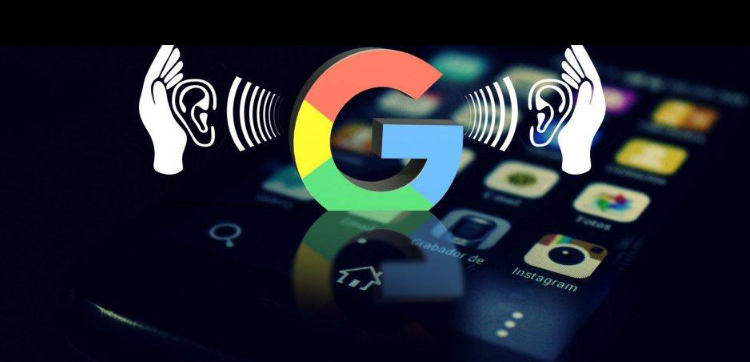
Privacy has been an issue among users, and many of them believe that Google should secure cheap android phones as well. When you initially use your smartphone, you will notice that there are a certain number of apps that are already pre-installed, and you will not be able to remove them. Some of these apps may be necessary, while others are not.
These apps are called bloatware. What some people are not aware of is that accessing these apps may compromise your privacy and expose you to threats of viruses and malware.
Privacy advocates reaching more than 50
A group containing more than 50 privacy and human rights advocates, has just recently delivered an open letter to the CEO of Alphabet Sundar Pichai. The letters aim to request to extend Pichai's efforts in defending android users from harmful malicious or problematic pre-installed apps.
Read Also: When Pinterest users started searching for vaccines, CEO Ben Silbermann pulled all medical information from the platform
Truth behind pre-installed apps
The phone's sellers, manufacturer, and also its mobile carriers have the power to decide which apps should be pre-installed. The iPhone does not suffer from this problem because Apple intentionally controls which apps should be pre-installed, but as for Android, the pre-installed apps are up to the discretion of other parties to choose from.
Dangers of malware and how they may function
Malware may even give access and control of the device to a person through apps, allowing him to control the phone and visit websites that create false views to generate profit for that website. Since the app runs way in the background, the owner of the phone might not even be aware.
Read Also: Spotify may buy The Ringer. Here's why that makes sense.
What about iPhone's security?
Although not entirely free from malware, iPhones are considered to be relatively safer than malware, but the downside of this smartphone is that it is not as affordable as Androids.
The Android's global influence
Cheap mobile phones are more prevalent in other countries, with a smaller annual income range. In India, only one to two percent of its users run Apple's iOS, which is an alarming number when it comes to Android's security methods.
Being able to sustain low-cost devices is a necessity we all share, but being able to protect their privacy is also a very important matter. Christopher Weatherhead, the technology lead for Privacy International, gave a statement saying When dealing with low-cost devices, we see quite a number of poor security practices."
Inclusions of Privacy International's letter
The request made inside the letter might just offer the solution we all need when it comes to privacy. The first request is to allow users to uninstall apps and hold to make sure they undergo the same procedures through the Google Play store.
Google's Action
The executive director of the Center for Digital Democracy Jeffrey Chester release a statement saying "This call organized by PI and supported by leading groups for Google to act responsibly when it comes to app privacy is a much needed wake up call for that company."
Google has recognized the problem and is working on creating better privacy for Android users.
ⓒ 2025 TECHTIMES.com All rights reserved. Do not reproduce without permission.

![Best iPads that Students Can Use in School [2025]](https://d.techtimes.com/en/full/461431/best-ipads-that-students-can-use-school-2025.jpg?w=184&h=103&f=516289300e12e9647ef3d5bd69f49b70)


